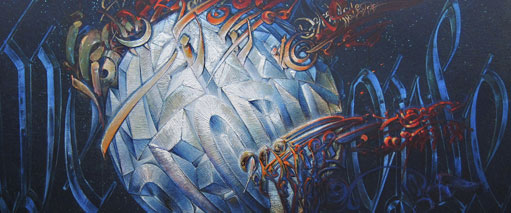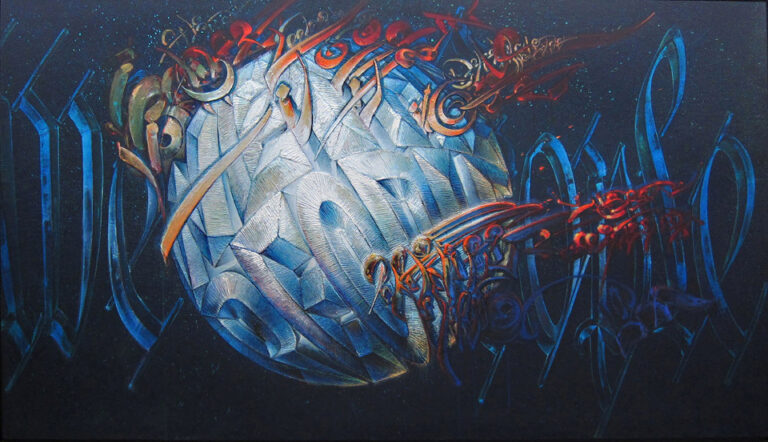Culture Shock: Getting Free
Idris Goodwin's Notes Toward Liberation Through Imagination


“We the People”
Chaz Bojórquez
Latest Article|September 3, 2020|Free
::Making Grown Men Cry Since 1992


“We the People”
Chaz Bojórquez


